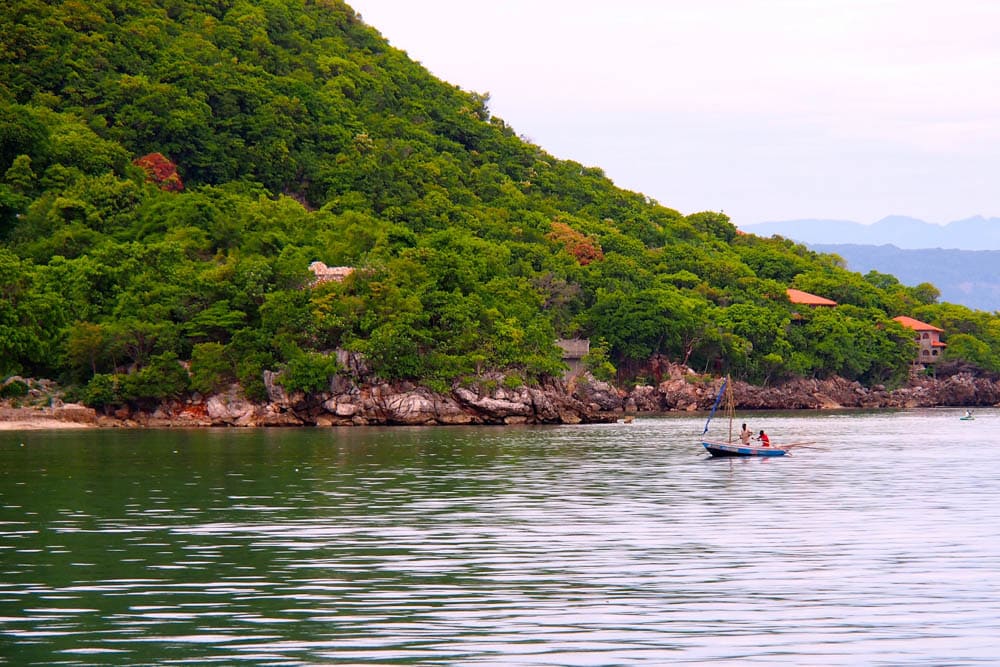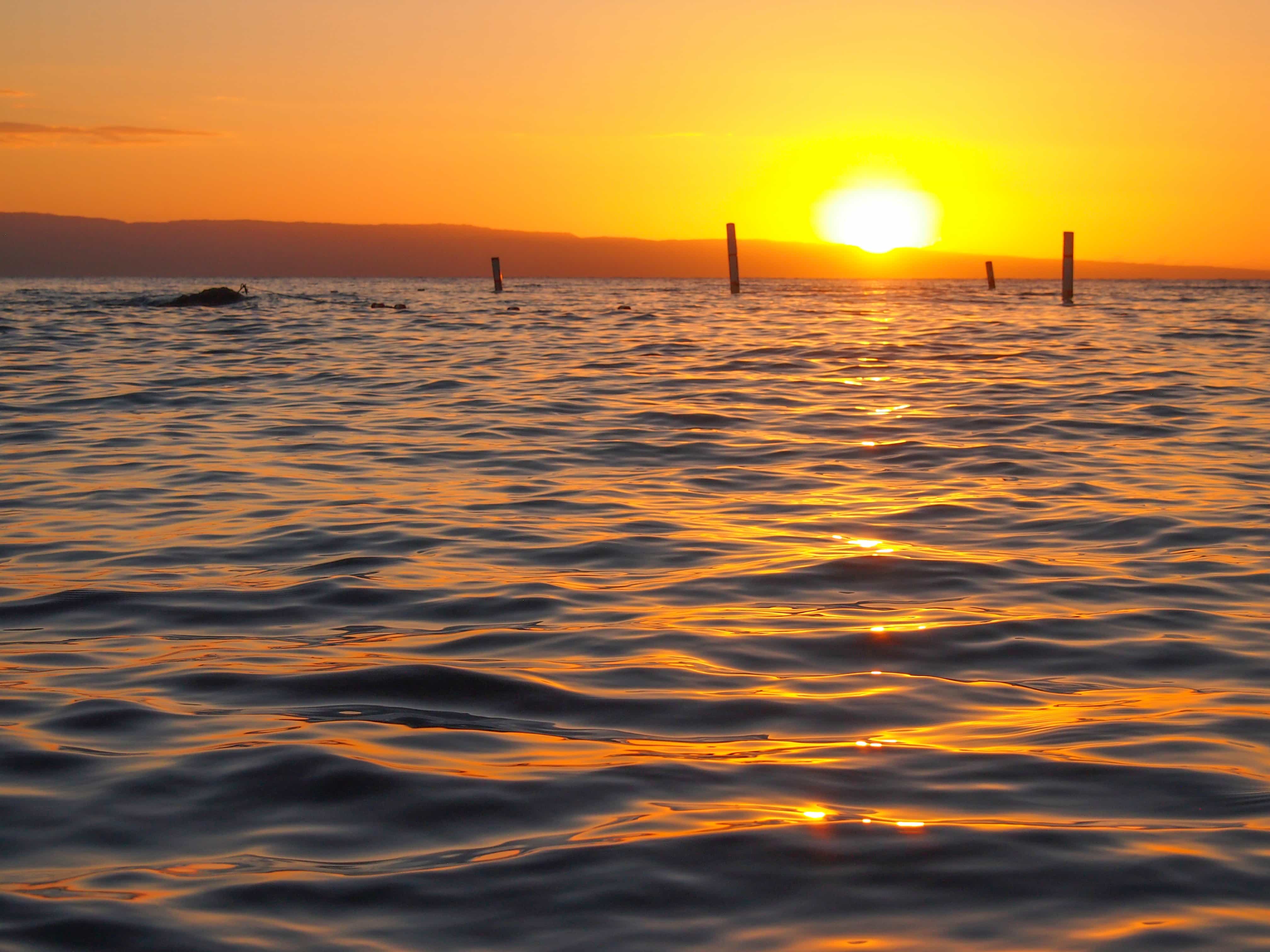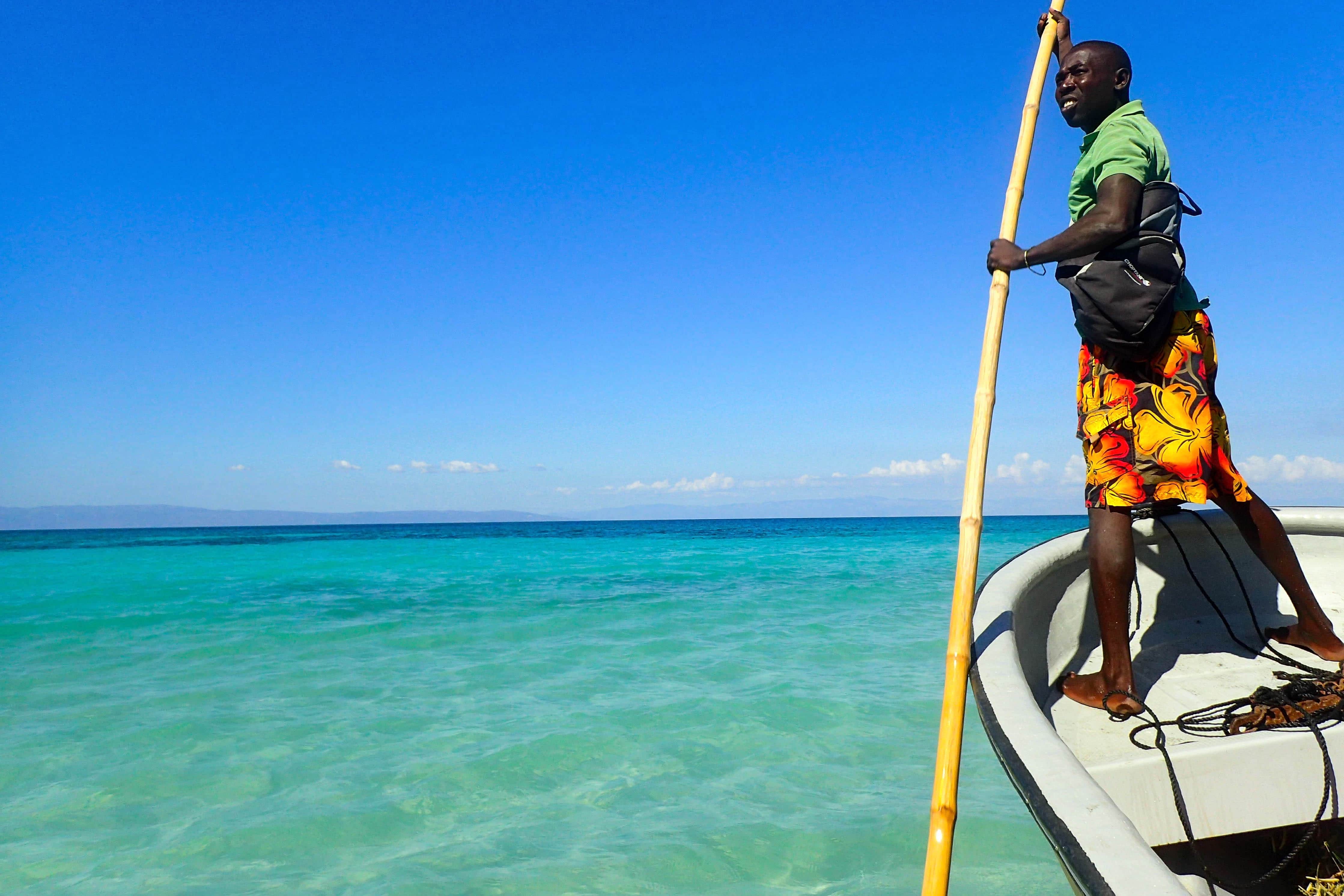The Lie That Is Deforestation in Haiti
Where are all the trees?
The thought crossed my mind as the plane continued its westward climb high above the southern coast of the Dominican Republic toward Haiti. I was en route back to New York following the first of what would turn out to be a lifetime of annual trips to the Caribbean for travel industry conferences. Gazing out over Hispaniola’s rugged, mountainous terrain from the sky, it was easy to see where the DR stopped and Haiti began, the verdant canopy of trees lining the slopes to the east dramatically yielding to barren slopes on Haiti’s side of the border.
My interest in Haiti’s deforestation began right then and there.
Back in the States, I jumped headlong into research. How could this have happened? Why did it happen? Is the problem as bad as it appeared?
Each successive answer I uncovered made the problem sound more dire, almost hopeless.
My interest only heightened with the launch of Uncommon Caribbean a few years ago, eventually leading me to write this post decrying Haiti’s deforestation, employing tidbits of my earlier research in outlining what I thought to be one of the Caribbean’s greatest shames.
Then, a few years later, I actually traveled to Haiti. There I found that what I’d learned and previously written was a lie.
Yes, it’s true that there exist large swaths of land in Haiti that are devoid of trees. Another truth:
The percentage of total forested land in Haiti is actually about the same as what you’ll find in the U.S., France, and Germany.
Recent studies have shown that a good 30% of the country is actually covered in the same type of lush, green, tropical forest pictured above, which I got the chance to see and experience along Haiti’s north coast. The same type of lush, green, tropical forest I found in La Côte des Arcadins, Cayes Jacmel, this mountain top, Petit-Goave, looking out my window at the Marriott Port-au-Prince, Port-à-Piment, Aquin – really, everywhere .
So, why the lies? This recent article from Vice News has a lot of good answers, variations of which I’ve heard from many of the people I’ve met in Haiti during my travels.



